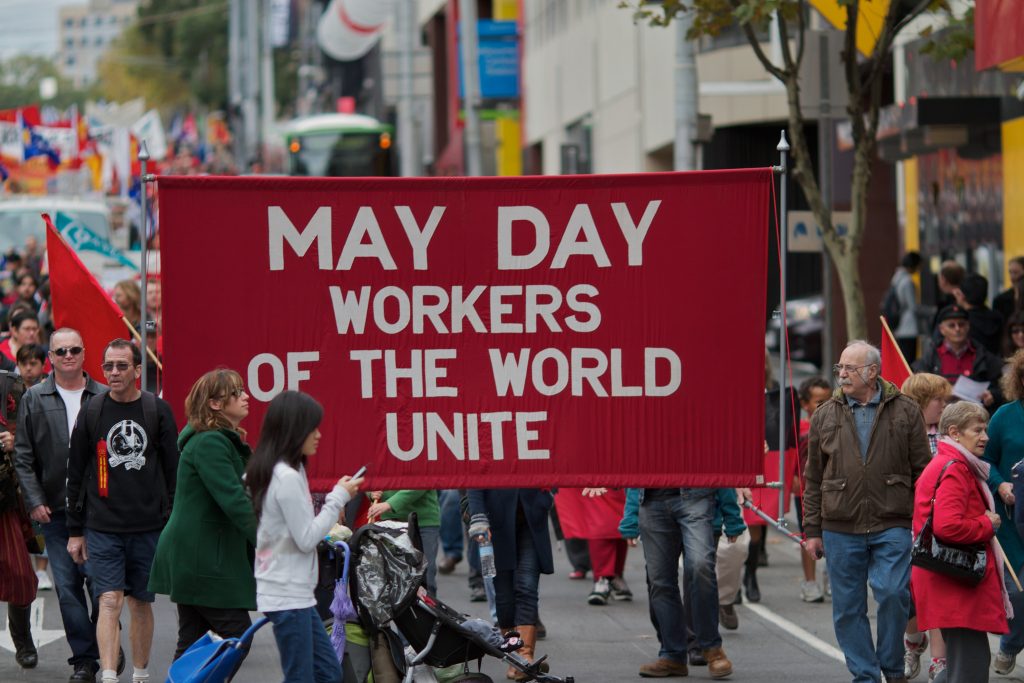Abortion rights, women of color, and LGBTQI+ people are under attack. Pledge to join us in fighting for gender justice.
A Lifetime of the Wage Gap: A Young Career Woman’s Perspective
This post is the first in a series of blog posts leading up to Equal Pay Day (April 12) featuring women at the beginning and end of their careers reflecting on the impact of the lifetime wage gap.

When I graduated college in 2013, the effects of the wage gap felt very distant. Having worked minimum wage jobs, tipped jobs, or internships throughout high school and college, I didn’t perceive any pay discrimination. This might be the case for many other young millennial women, who in fact often receive salaries similar to their male counterparts when first joining the workforce. But the unfortunate reality is that the wage gap compounds with increased age, which over a lifetime amasses to hundreds of thousands, or even millions of dollars lost. As a Korean American woman I am typically paid 85 cents to every dollar paid to a white non-Hispanic man. That means I stand to lose $320,000 over my career all while putting in the same amount of work. That’s enough to put a down payment on a mortgage, pay off the rest of my existing undergraduate loans and the law school loans that I will incur in the spring of 2019, and purchase a car. For my black and Latina sisters, the lifetime wage gap is even greater—$877,480 for black women and $1,007,080 for Latinas. Can you imagine the impact of a financial loss, or a salary bonus, that great?
I have a bachelor’s degree in Social Work and I loved my studies, volunteerism, and work experience in the field. But Social Work—like many other women-dominated occupations—is low-paying and now often requires obtaining a master’s degree or higher for more competitive salaries. Counselors, primary school teachers, and social workers perennially dominate the lowest paying jobs that require a higher education degree. All happen to be jobs mostly done by women—and research indicates that jobs primarily done by women are paid less precisely because women do them. For many reasons, including the consideration of career wages, this fall I’ll be entering law school to pursue my public service legal interests. Even in the field of law, public interest occupations are women-dominated and lower-paying than other areas of legal practice.
I’m not paying 15% less on my student loans, rent, groceries, utilities…you get the picture. All women are affected, but with more legislation to increase pay transparency and enforce equal pay policies, change will happen for equality and greater economic opportunity for all.





